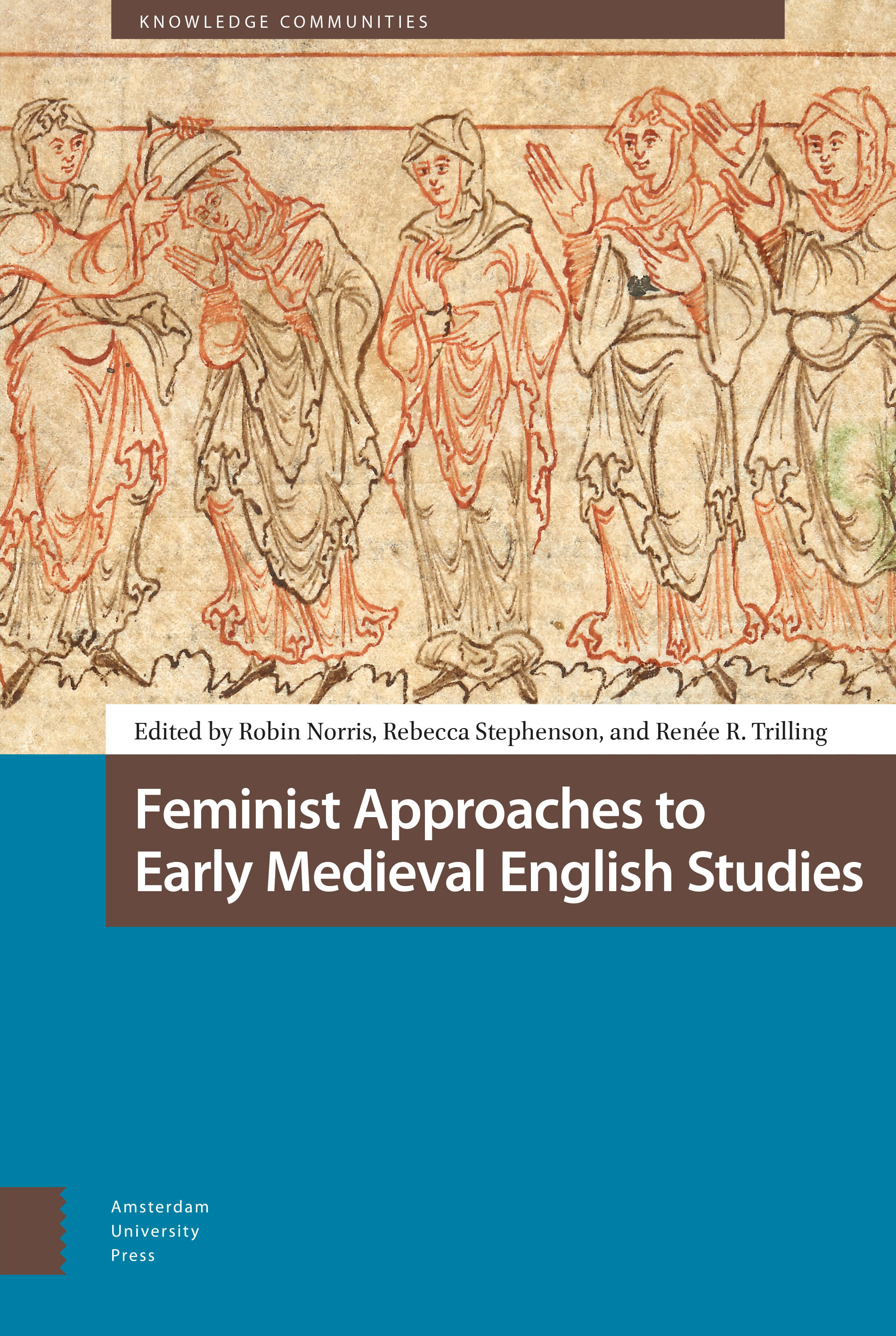1 - The Lost Victorian Women of Old English Studies
Published online by Cambridge University Press: 19 April 2023
Summary
Abstract
The focus here is on some of the Victorian women scholars who verysignificantly but without acknowledgment advanced the study of OldEnglish: the fierce philologist Anna Gurney, who prepared and quietlypublished the first translation of the Old English Chronicle materials;the widow Mary Conybeare, who assembled and developed the rest of thematerial in John Josias Conybeare’s highly influential volumeIllustrations of Anglo-Saxon Poetry, theatelier of women who did most of the work in themany editions of W.W. Skeat (his wife, his daughters, the translatorsMiss Gunning and Miss Wilkinson, and even T.O. Cockayne); and EliseOtté, who provided significant philological aid to her stepfatherBenjamin Thorpe in the preparation of his editions.
Keywords: Anna Gurney, Elise Otté, Mary Conybeare,W.W. Skeat atelier
Many women—mostly in England, and mostly in genteel but not affluenthouseholds—accomplished a great deal for the field of Old Englishstudies that has gone largely unnoticed. When this project began, examplesof women scholars, acknowledged, more often under-acknowledged, and mostoften unacknowledged, multiplied rapidly. Mabel Day did much of the work ofIsrael Gollancz, with cursory thanks and occasional acknowledgments,including the completion of his edition of Sir Gawain and the GreenKnight a decade after his death. Ida Gordon, more obviously inthe field of Old English, produced her own excellent edition of the OldEnglish poem The Seafarer. She was closely involved withthe Leeds group of medieval scholars, including her husband, former teacher,and doctoral supervisor E. V. Gordon and his close friend J. R. R. Tolkien.The former Ida Pickles published one article based on her thesis in 1934,but after her husband’s death in 1938 she completed his projectsunder his name, and went on to her own as well. To support her young familyshe was a lecturer, and eventually a senior lecturer, at the University ofManchester. Although she held a higher degree than her husband had when hemoved from Leeds to become the Smith Professor at Manchester in 1931, itseems unlikely that Ida’s scholarly abilities were properlyacknowledged during or after her husband’s lifetime.
- Type
- Chapter
- Information
- Feminist Approaches to Early Medieval English Studies , pp. 27 - 53Publisher: Amsterdam University PressPrint publication year: 2023

